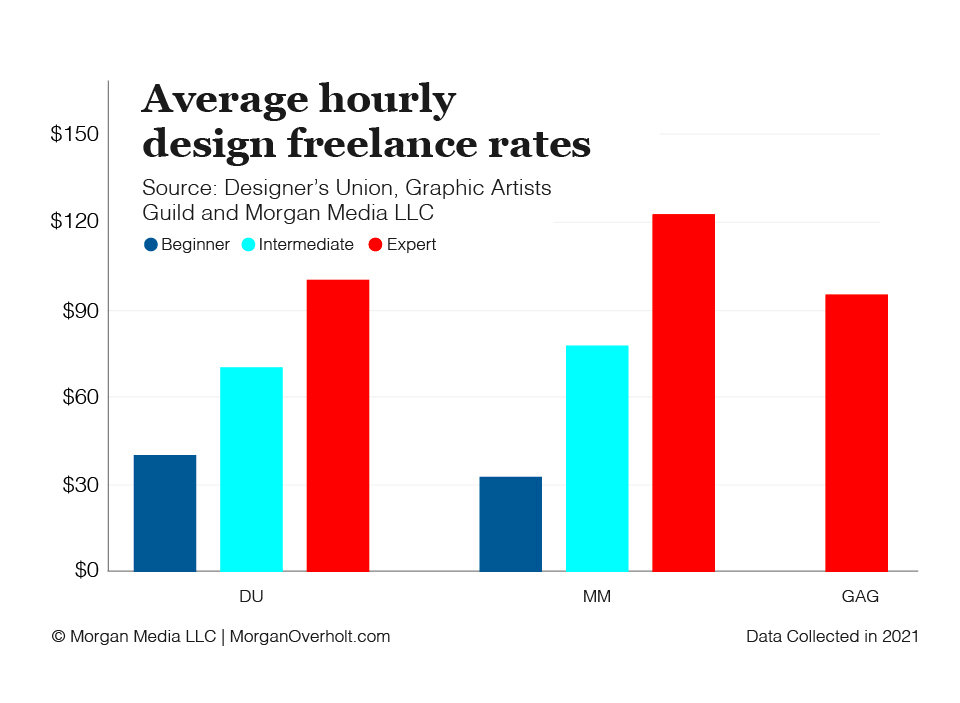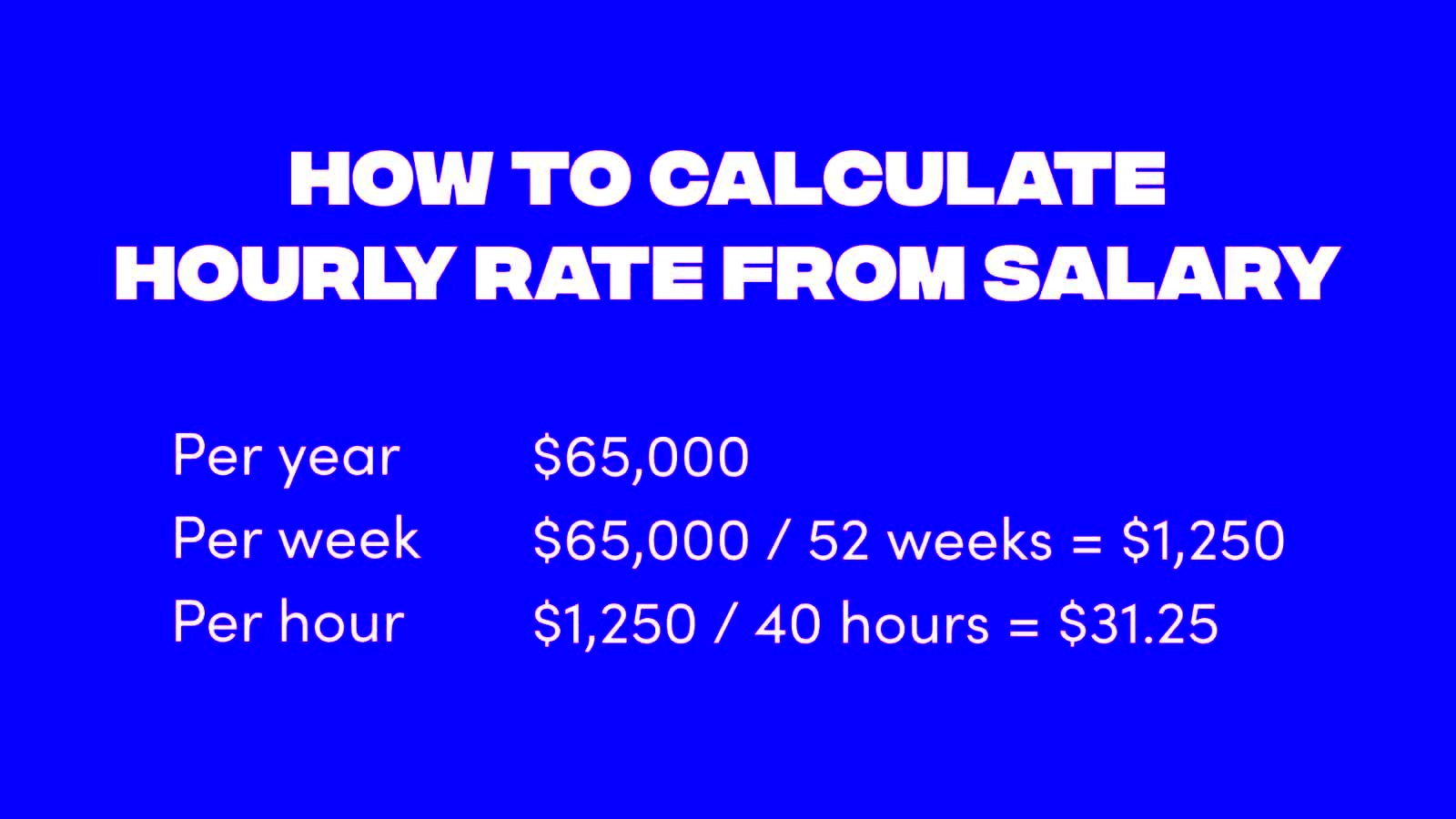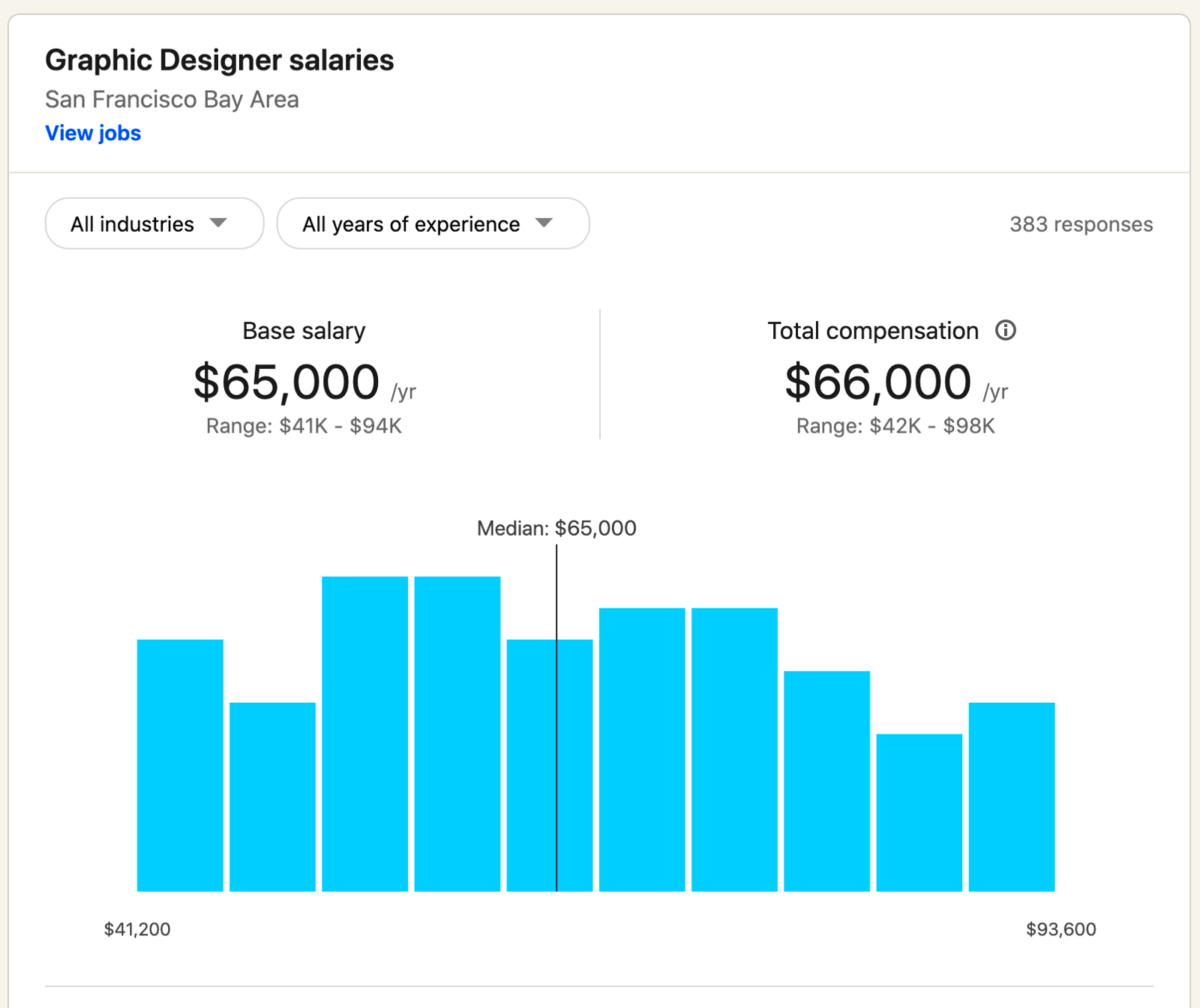Embarking on a journey as a freelance designer is a thrilling yet daunting experience particularly when it comes to determining your payment rates. I vividly remember grappling with the question of how much to charge during my initial foray into the industry. The realm of graphic design is diverse offering an array of services with rates that can differ greatly. This guide seeks to shed light on the process of establishing and negotiating your rates, to ensure you receive compensation for your skills and hard work.
Factors Influencing Payment Rates

When figuring out how much to charge as a freelance graphic designer there are several factors to keep in mind. Here are some important aspects to consider.
- Experience and Skill Level: The more experience you have, the higher you can generally charge. As someone who started with minimal skills, I remember charging lower rates initially. As my skills improved, I was able to justify higher rates.
- Type of Project: Different projects demand different levels of complexity. For instance, designing a simple logo will typically cost less than a complete branding package.
- Client Budget: Understanding the client’s budget helps in negotiating a rate that fits their needs while ensuring you are compensated fairly.
- Market Rates: Researching what other designers in your area or niche are charging can give you a benchmark. This helps in positioning your rates competitively.
By taking these aspects into account you can determine a fee that aligns with your expertise, the intricacies of the project and industry norms.
Also Read This: Can Fiverr Reviews Be Fake?
Average Rates for Different Types of Graphic Design

When it comes to graphic design pricing can differ depending on the specific design services you provide. Here’s a rough overview of what you might anticipate.
| Design Type | Average Rate |
|---|---|
| Logo Design | $200 - $1000 |
| Website Design | $500 - $5000 |
| Business Card Design | $50 - $300 |
| Brochure Design | $150 - $1000 |
These numbers are merely a baseline. When I began my journey I tended to price my services lower. However as I built up my portfolio I realized that I could command rates without losing clients. Your pricing should align with the excellence of your work and the worth you bring to your clients.
Also Read This: How to See Impressions on Fiverr
Understanding Payment Terms and Conditions

Grasping the terms and conditions is essential to ensure transactions go smoothly and prevent any miscommunication with clients. In my early days as a freelancer I encountered challenges due to not clearly outlining my payment terms. This occasionally resulted in delays or disagreements. So here's a helpful guide to assist you in navigating this crucial aspect of freelancing.
- Payment Schedule: Specify when you expect to receive payment. Common schedules include upfront payments, milestone payments, or payment upon project completion. I’ve found that requesting a partial payment upfront can help in securing your work and covering initial costs.
- Accepted Payment Methods: Clearly state which payment methods you accept, such as bank transfers, PayPal, or other online payment systems. This avoids confusion and ensures timely payment.
- Late Payment Fees: Define what happens if a client fails to pay on time. Implementing a late fee can encourage timely payments. From my experience, having this clause in place has been a lifesaver when dealing with overdue payments.
- Refund Policy: Outline your refund policy in case a client is dissatisfied with the work. This helps in managing client expectations and protecting yourself from potential disputes.
Clarifying these terms early on can help avoid problems and foster a positive rapport with your clients. Its a lesson I’ve learned through experience and now I prioritize sorting out these specifics before embarking on any project.
Also Read This: How to Write Bold Text on Fiverr
FAQ
Q1: How do I determine the right rate for my graphic design services?
When determining your rates take into account your background the projects intricacy and industry standards. Researching the fees of others in your field can be beneficial and you should also consider the worth you bring to the table. It can be wise to begin with a competitive rate and make adjustments as you gain more experience.
Q2: What if a client tries to negotiate my rates down?
Be willing to discuss terms but make sure that any changes still uphold the worth of your contributions. You could present options or emphasize the advantages of your offerings to support your pricing. Keep in mind that finding a middle ground, between being adaptable and receiving fair pay is crucial.
Q3: How should I handle late payments from clients?
A3: To handle this situation effectively its important to have a well defined payment schedule and a policy for late fees included in your contract. If a client fails to make a payment on time kindly remind them of the agreed terms and if needed apply any late fees as specified in your contract.
Conclusion
As a freelance graphic designer figuring out your payment rates can be tricky but it’s crucial for your success and development. In my experience I’ve come to realize how important it is to consider how your experience impacts rates the significance of negotiating well and the necessity of clearly outlining payment terms. By taking these aspects into account you’ll be more prepared to set rates negotiate with clients confidently and ensure the growth of your business. Keep in mind that your work holds value and setting rates is essential to acknowledging and honoring that worth. Here’s to payments and thriving freelance ventures!




